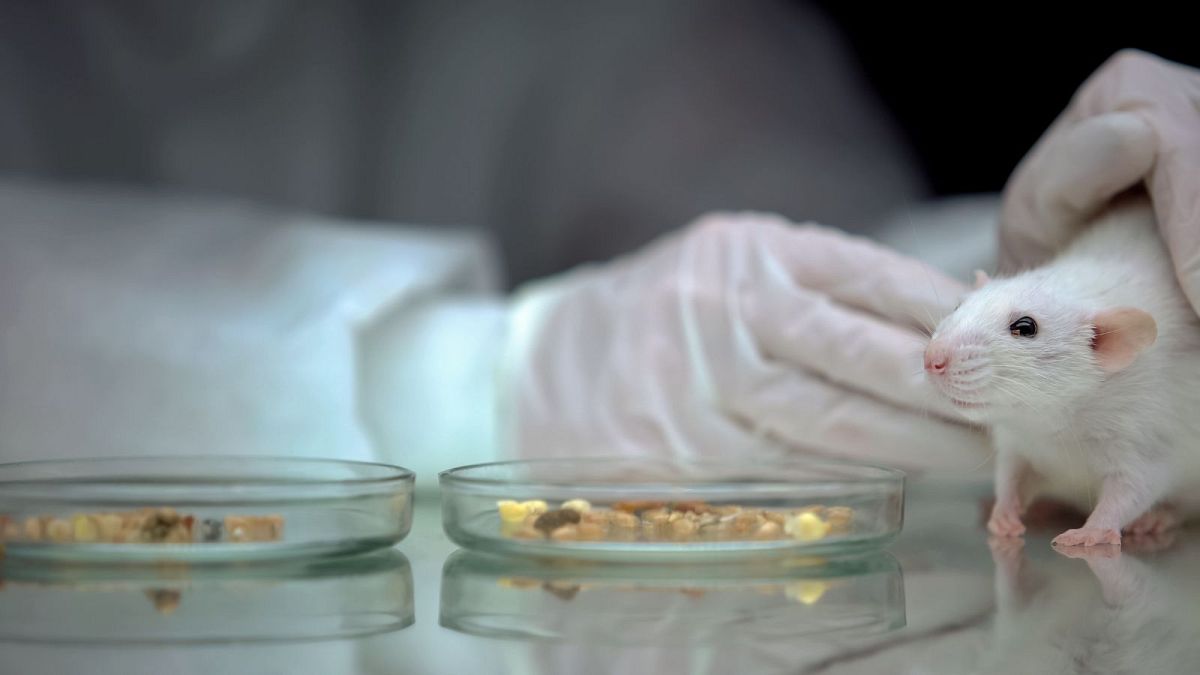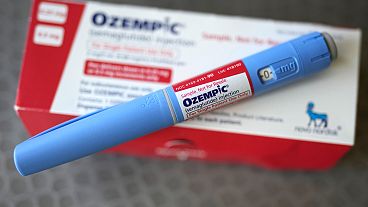In a new study, researchers diminished the hallmarks of ageing in mice by injecting them with the antibody of an inflammatory protein.
Researchers have found a way to increase the healthy lifespan of mice.
By “switching off” a key inflammatory protein called interleukin 11 (IL-11), they managed to extend their lifespan by more than 20 per cent and reduce age-related disease.
The researchers from Duke-NUS Medical School in Singapore and the Imperial College London in the UK published their findings in the journal Nature.
The project originated in 2017 when a collaborator sent tissue samples for a separate task.
The data revealed a clear increase in IL-11 with age, which sparked more research and prompted their 2018 discovery of the pro-fibrotic and pro-inflammatory characteristics of the protein.
“We found these rising levels contribute to negative effects in the body, such as inflammation and preventing organs from healing and regenerating after injury,” Anissa Widjaja, an assistant professor at Duke-NUS Medical School in Singapore and one of the study’s co-corresponding authors, said in a statement.
The team genetically engineered mice without the gene for IL-11 production. These mice lived an average of 20 per cent longer.
To investigate the effects of blocking IL-11 later in life, the scientists also administered an injection of an anti-IL-11 antibody to mice that were 75 weeks old, corresponding to approximately 55 years in humans until the mice died.
This antibody acts as a drug by inhibiting the activity of IL-11 within the body.
The male mice had a median lifespan extension of 22.4 per cent and the female ones had a 25 per cent extension.
“These findings are very exciting. The treated mice had fewer cancers, and were free from the usual signs of ageing and frailty, but we also saw reduced muscle wasting and improvement in muscle strength,” Professor Stuart Cook, one of the study’s co-corresponding authors, said in a statement.
“In other words, the old mice receiving anti-IL11 were healthier.”
A reduction in the hallmarks of ageing
The treatment also mitigated pathologies caused by fibrosis, chronic inflammation, and impaired metabolism, all of which are associated with ageing.
This rise in IL-11 levels, which typically occurs when humans are about 55, has been linked to these conditions.
“Previously proposed life-extending drugs and treatments have either had poor side-effect profiles, or don’t work in both sexes, or could extend life, but not healthy life, however, this does not appear to be the case for IL-11,” Cook added.
The team is hopeful about the potential therapeutic approach of their research which could reduce frailty and the physical signs of it if it’s translatable in humans.
Further research is needed to see if the case, the researchers warned.
While several ongoing clinical trials in the early stages are evaluating anti-IL-11 therapies for inflammatory conditions like pulmonary fibrosis, there are currently no trials investigating their potential to combat ageing, according to multiple reports.
“Although our work was done in mice, we hope that these findings will be highly relevant to human health, given that we have seen similar effects in studies of human cells and tissues,” Widjaja said.















